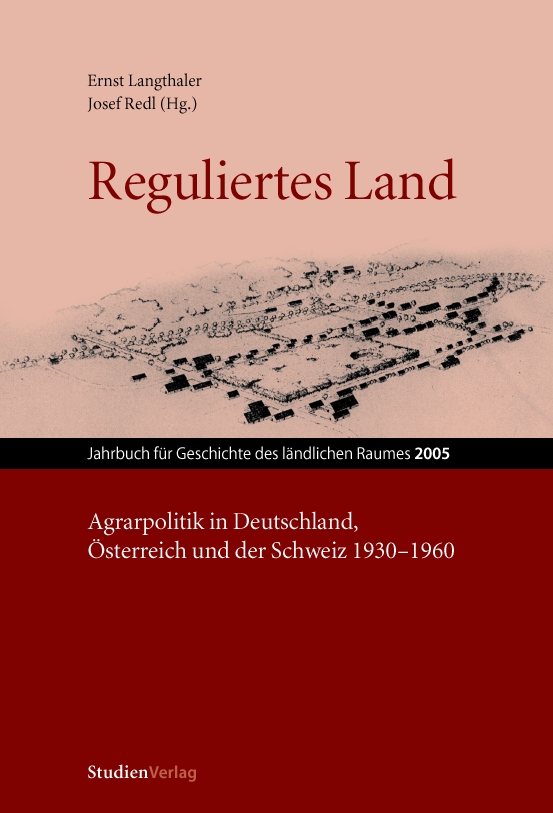Ländliche Siedlung als Strukturpolitik
Die Entwicklung in Deutschland im Ost-West-Vergleich von 1945 bis zum Ende der Fünfzigerjahre
DOI:
https://doi.org/10.25365/rhy-2005-8Abstract
The aim of this paper is to put out the important role of rural colonization within the context of the situation of the rural areas in the post-war period. Instead of the fact, that both German states were parts of different political systems, rural colonization should solve the same problems in due course. After a land reform, new villages and farmsteads should secure the food supply and give refugees a new home. Experts, both in West and East, could fall back on concepts and research from the pre-war period. This paper describes the different development in both countries and seeks to understand breaks and continuities. One of the most important traditions was the develop- ment of a more intensive agriculture, based on small rural households. A big number of these farmsteads should produce more food on the same given area as a smaller number of bigger farms. The great break then happened in the East in 1952, when the collectivisation started. In the West it was a more continuous process which caused the fact that one cannot find any farmers in many villages in the rural areas of the former Bundesrepublik.


